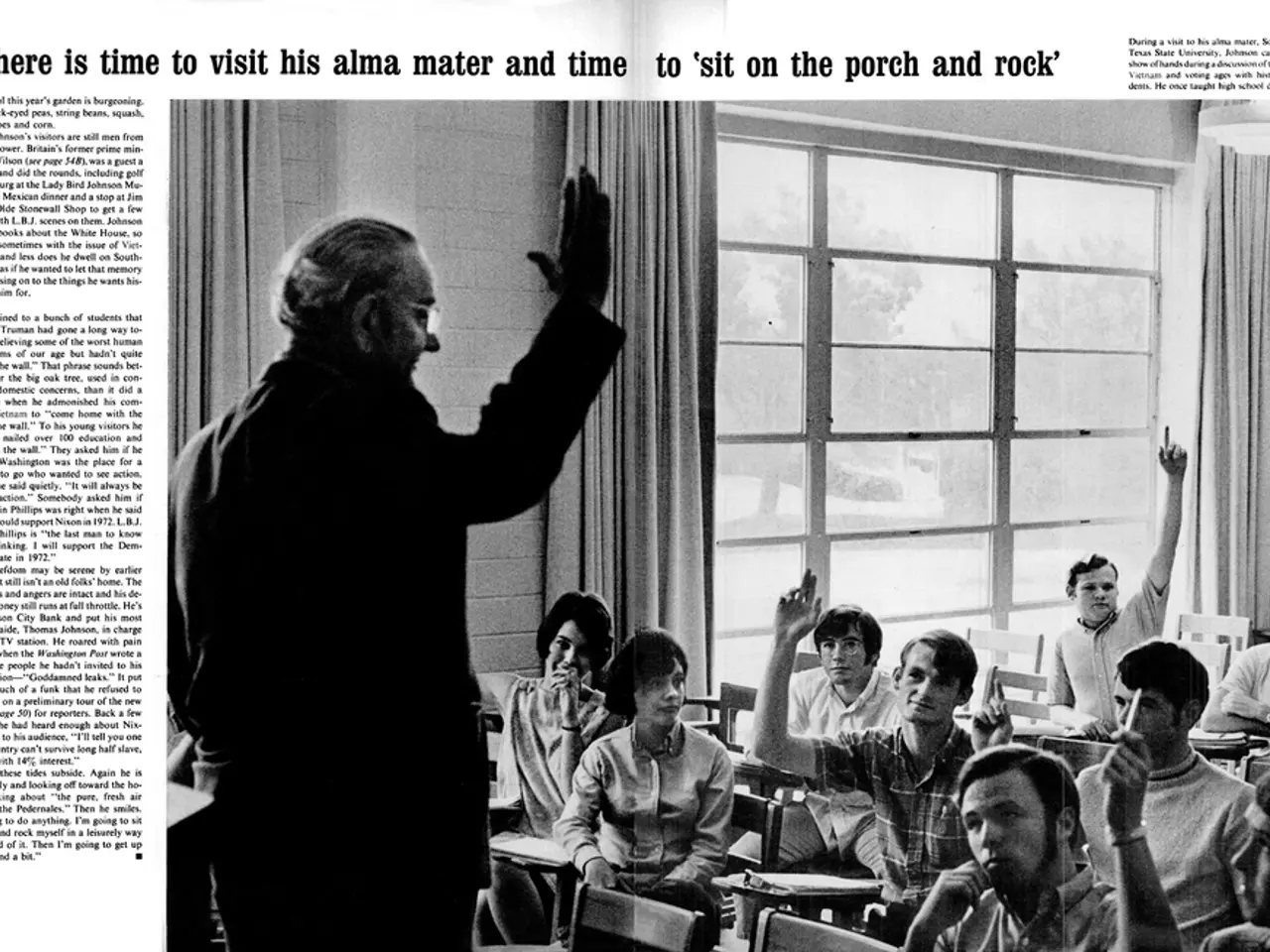Air pressure changes during flight cause ear clogging.
In the world of air travel, ear clogging due to changes in air pressure can be a common and uncomfortable issue for many passengers. However, with the right strategies, you can effectively prevent this problem and enjoy a more comfortable flight.
To prevent clogged ears during a flight caused by changes in air pressure, several effective strategies can be employed:
1. Swallowing, yawning, chewing gum, or sucking on candy helps activate the Eustachian tubes, which balance ear pressure. 2. The Valsalva maneuver, which involves pinching your nose, closing your mouth, and gently blowing out through your nose for about 15 seconds, is highly effective in opening the Eustachian tubes and equalizing pressure. 3. Using nasal decongestant sprays before and during the flight may reduce congestion and facilitate pressure equalization. 4. Specialized pressure-equalizing earplugs like EarPlanes can reduce rapid pressure changes on the eardrum and help prevent discomfort. 5. For infants and young children, feeding or using a pacifier during ascent and descent encourages swallowing and helps relieve pressure.
Regarding underlying health conditions that can contribute to ear clogging and difficulty equalizing pressure, these include colds, sinus infections, or allergies that cause Eustachian tube blockage or inflammation, ear infections or fluid trapped in the middle ear, sometimes after swimming, and structural issues with the Eustachian tube or chronic ear problems.
Individuals prone to barotrauma (pressure-related ear injury) are more susceptible during flights or diving. If ear pressure and clogging persist for more than two days after flying, consulting an ENT specialist is advised to rule out or treat infections or other complications.
In summary, prevention involves frequent swallowing or yawning, gentle pressure equalization maneuvers, using earplugs designed for flights, and managing nasal congestion appropriately. Awareness of underlying sinus or ear conditions can help you take additional precautions to ensure a more comfortable flight.
It's essential to remember that while this article provides helpful strategies, individuals should always consider the advice of a doctor regarding their health matters. A healthy approach to travel is the key to a more enjoyable flight experience.
[1] Mayo Clinic. (2021). Ear pain during flights. Retrieved from https://www.mayoclinic.org/diseases-conditions/ear-infections/in-depth/ear-pain-during-flights/art-20048153
[2] National Institute on Deafness and Other Communication Disorders. (2020). Ear Barotrauma. Retrieved from https://www.nidcd.nih.gov/health/ear-barotrauma
[3] American Academy of Otolaryngology—Head and Neck Surgery. (2019). Flying with ear problems. Retrieved from https://www.enthealth.org/healthinfo/flying-ear-problems
[4] Hearing Health Foundation. (2019). Ear barotrauma. Retrieved from https://hearinghealthfoundation.org/resources/diseases-conditions/ear-barotrauma/
Engaging in health-and-wellness practices can improve overall well-being and help alleviate ear clogging during flights. For instance, one should maintain good cardiovascular fitness to strengthen the muscles responsible for performing effective pressure equalization maneuvers. Additionally, adhering to proper hygiene and managing underlying health conditions such as colds, sinus infections, or allergies can minimize the risk of Eustachian tube blockage or inflammation, hence ensuring a more comfortable flight experience.




